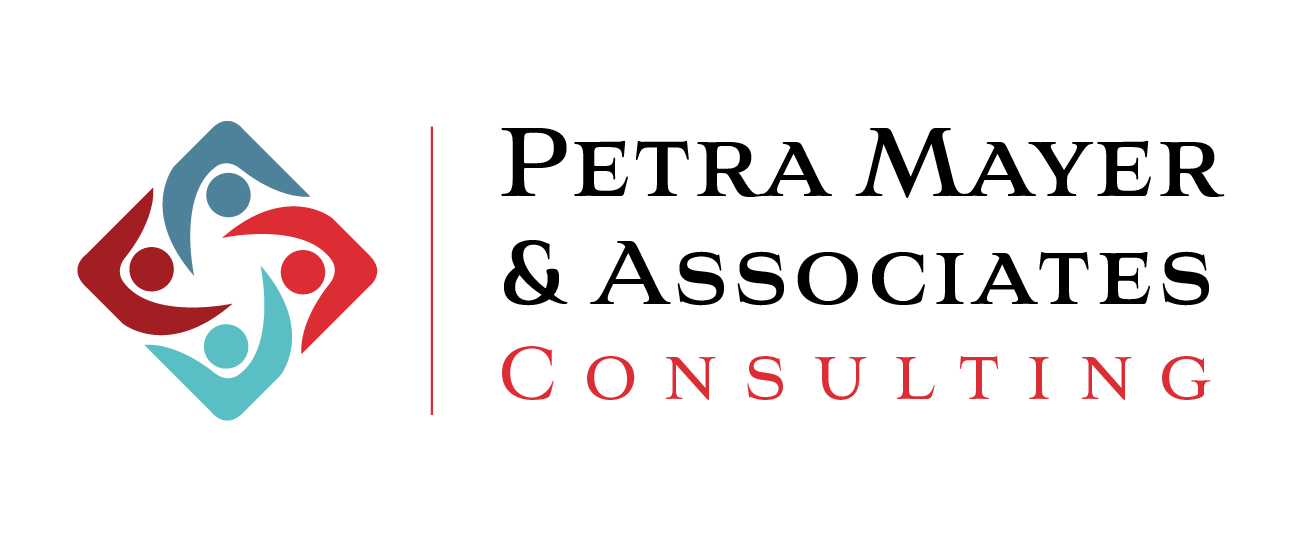Why is research so important?
Research is important for many subjects, but how does it apply to the business world? Understanding first, the importance of research in your business endeavours will put you at the top of a clients’ mind. If you are prioritizing your client’s needs through thorough research, retaining that business long-term is more likely. In order to gain value in your research, your client and/or customer will need to be clearly outlined. Once the target is acquired, discussing their pains and gains, and how you can elevate their business, will come to light.
Interview Process
Interviews are a key driver to important and valuable research. Typically, five to eight interviews are all you will need to establish a foundation of knowledge to get to the next step in your business relationship – or in this case, your research project. Additionally, focus groups are an excellent way to get quality insights. A few steps to understand the process of client research include the following:
- Identify your target audience: your target audience is where you will get your five to eight interviews.
- Consider your influencers: in the Business-to-Business (B2B) segment of the project you will need to consider the buyer of service as well as the user of service – these are the main influencers to focus on but, there are always others to consider like organizational leaders, managers and Human Resource decision makers for leadership programs.
- Prepare your questions: Eight prepared questions is the ideal amount. Busy professionals today won’t want to feel like their time is not being valued. Eight questions and 15 dedicated minutes should do the trick. The questions will vary across different audience groups, but ensure they are open-ended to give the interviewee an opportunity to be unrestricted in their response.
Centralizing the Interviews
Once you have gone through the interview process of researching, consolidating everything is the next step. A great way to stay organized and have a constant referral is to record the interviews in the first place! This not only ensures you have gathered all the necessary information in one place, but it’s a tool to go back to repeatedly if needed. There are many wonderful tools out there to record and transcribe at the same time, giving you a written and auditory outcome. Through listening and reading, you can now gather all the elements that stand out to you as a service provider.
What keeps your client up at night? Is there a sort of development they’re looking for? Can you identify the pains and gains? These recurring themes will determine, establish and impact the central part of the project that is to be delivered. This includes:
- Methodology
- Final delivery
- Price range
- Future tracking and reporting
Bringing Someone in – From the Outside
With an unbiased approach to the project, an external advisor can provide real value from start to finish. In most cases, advisors will be able to quickly spot the themes of the project and/or program that stand out as useful to the user, the budget owner and the administrator of the project.
Working in the B2B world, research reveals insights on what the client is really looking for in their program and the delivery of said program. Research is essential for success and a long-term understanding of your client’s needs. It does not get more important than that.

